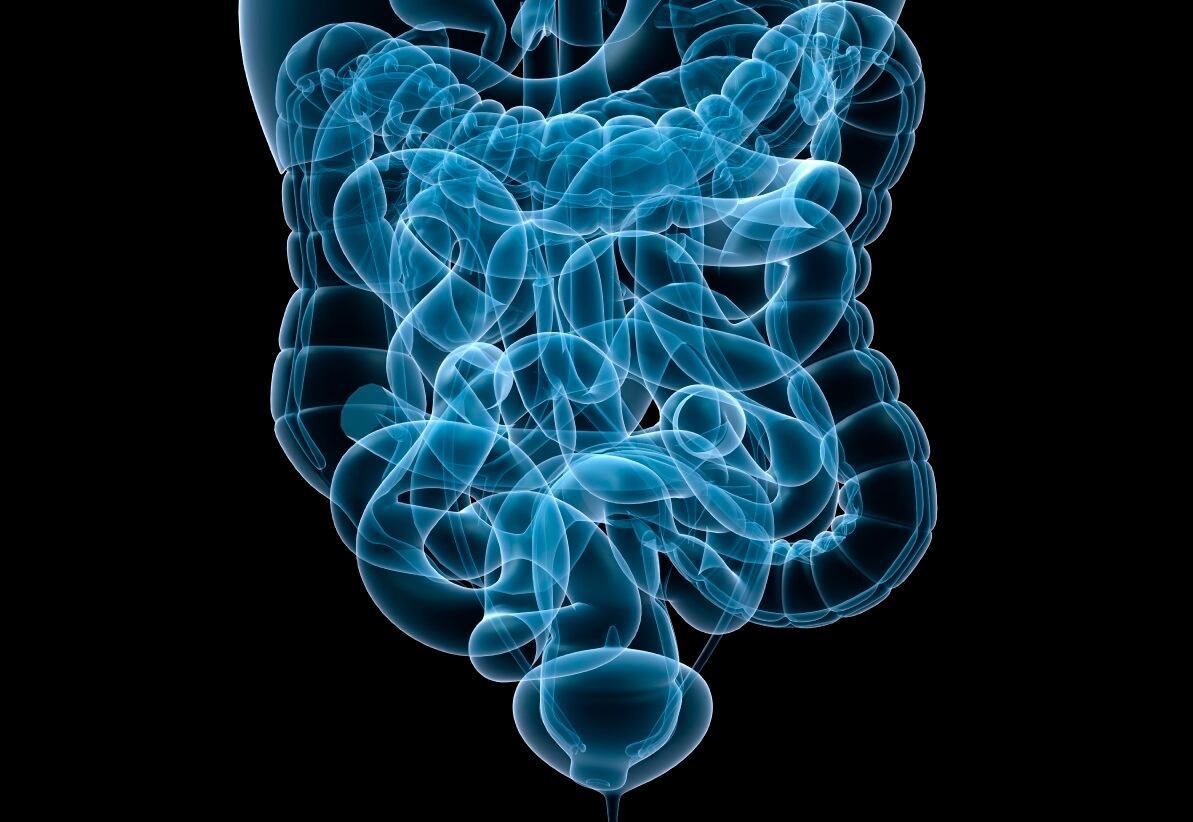Data from a small study with 12 healthy older individuals indicated that LGG consumption promoted interactions between key constituents of the resident gut microbiota and the lining of the gut in the host, according to findings published in MBio.
“These results provide evidence for the discrete functional effects imparted by a specific single-organism probiotic and challenge the prevailing notion that probiotics substantially modify the resident microbiota within non-diseased individuals in an appreciable fashion,” wrote the authors, led by Emiley Eloe-Fadrosh from the Institute for Genome Sciences at the University of Maryland School of Medicine.
Commenting on the scientific importance of the study, Eloe-Fadrosh and her co-authors noted that, despite numerous reports of the potential digestive benefits of probiotics, there is only limited evidence of how probiotics may influence human health.
“We show how the resident microbes that inhabit the healthy human gut respond to a probiotic,” wrote the researchers. “The well-studied probiotic Lactobacillus rhamnosus GG ATCC 53103 (LGG) was administered in a clinical trial and a suite of measurements of the resident microbes were taken to evaluate potential changes over the course of probiotic consumption. We found that LGG transiently enriches for functions to potentially promote anti-inflammatory pathways in the resident microbes.”
Probiotics may influence the gut microbiota; the gut microbiota may influence probiotics
The study was welcomed by internationally recognized probiotics expert Dr Mary Ellen Sanders from Dairy & Food Culture Technologies.
“This is a really nice study,” Dr Sanders told NutraIngredients-USA. “This study supports previous studies, albeit limited, that show that the composition of the dominant microbiota in adults does not change following probiotic administration. Granted, there are only a few studies on this, and granted these studies are on only a few probiotics. But this challenges the idea that – at least in healthy people - probiotics act at the level of changing colonizing microbial populations.
“This points to the need for additional research into probiotic mechanisms of action,” she added.
“The study also found evidence that commensal gut microbiota may play a role in LGG expression patterns – so not only might probiotics influence gut microbiota, but our gut microbiota may influence what the probiotics do once they are inside us,” said Dr Sanders.
“There are some who criticize probiotics by saying, ‘how can you expect that adding 1 billion nonnative probiotics to a system with over 100 trillion live microbes will make a difference?’ This study shows that although we might not be able to substantively impact the populations of microbes that are there, we can impact what those colonizing microbes are doing.”
Study details

Eloe-Fadrosh and her co-workers recruited 12 healthy people aged between 65 and 80 and assigned them to consume 10 billion colony forming units (CFUs) of LGG (Chr. Hansen) twice a day for 28 days.
Results showed that the overall community composition remained stable, with no statistically significant differences found at any phylogenetic level. On the other hand, LGG consumption did alter the transcriptional response of the gut microbiota.
The researchers identified increases in the expression of genes involved in flagellar motility, chemotaxis, and adhesion from Bifidobacterium, as well as increased expression of Roseburia and Eubacterium, which are known as dominant butyrate producers.
However, these changes were no longer observable 28 days after the end of probiotic consumption indicating that the effects of LGG were transient.
“These findings are intriguing and might suggest that the commensal gut microbiota may play a role in differentially directing LGG expression patterns across individuals,” wrote the researchers. “Further studies to more fully investigate this hypothesis are clearly warranted, as well as further exploration to delineate the functional contribution of the resident microbiota to the metabolic capacity of the host.”
Source: MBio
Volume 6, Number 2, e00231-15, doi: 10.1128/mBio.00231-15
“Functional dynamics of the gut microbiome in elderly people during probiotic consumption”
Authors: E.A. Eloe-Fadrosh, A. Brady, J. Crabtree, et al.

